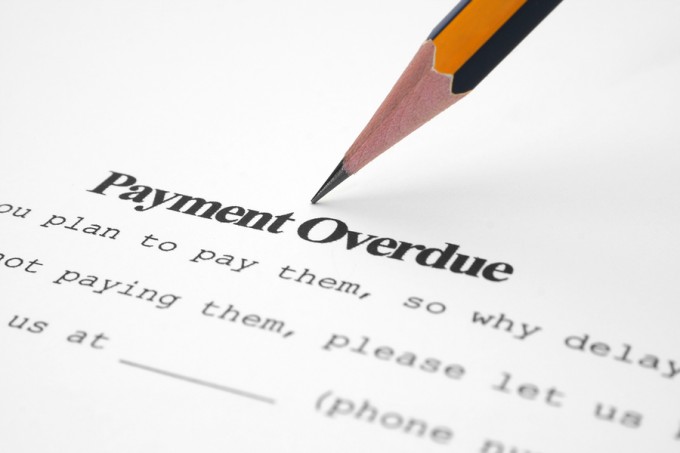A Guide to Dispute Resolution in Business

The dreaded disputed invoice can cause havoc within any business when trying to find resolution without the correct procedures in place to deal with it effectively. How well you handle a dispute can have significant impact on your customer relationship further down the line; when genuine disputes occur, your customer will want to be treated as a priority, and they should, as until their dispute finds resolution you will not be paid in full.
The key to dispute resolution is a combination of a number of aspects, including quick action and appropriate delegation. Having a dispute resolution system in place can mean the difference between getting paid on time and getting paid paid, which will ultimately have knock on effects to your cash flow, debtor days and could increase your risk to bad debt.
Dispute resolution in business
Identify the issue promptly
If your collection strategy is consistent, then you should have no problem in identifying that your customer has a dispute. The key to finding quick resolution is identifying the full details of the dispute so that you can pass the correct information along. Discuss the issue with your customer in full, and then follow up by email, explaining what the issue is, who will be dealing with it, and provide a date when you will follow up. By emailing the customer with details of their dispute, they will be able to let you know anything you may have missed or misinterpreted. I have seen it many times when Chinese whispers have halted the progress of a dispute being resolved.
Assign the issue to the correct person
There is no point in dealing with a dispute yourself if it is not within your remit to do so; assigning the issue to the correct person (such as an account manager, operations or logistics, that knows the customer and will have a great deal more information on the situation than you will, as a credit controller. By doing this the customer is much more likely to have their issue resolved quickly than if you tried to take on the matter yourself without the background knowledge of the customer account to do so. I’ve said it many times before, credit control should work closely with other departments so that issues such as this can be resolved quickly and you will be kept in the loop at all times.
Follow up promptly
Although you have assigned the issue to the appropriate person to deal with, you still want fast resolution; other factors may occasionally get in the way, issues will be put on the backburner and resolution will not come as quick as you would like. Make a note in your diary to follow up with your colleague promptly, so that you can get back to the customer when you say you will and you increase your chance of getting paid on time.
Measure your disputes
Every company will have disputed invoices at one time or another, but continual disputes indicate that some part of the order to cash process needs to be looked at and rectified. By measuring the disputes you receive, and the time taken to resolve them, you will be able to identify which area this is, towards faster resolution and getting payment more quickly. Improving areas in your business that are under-performing or have issues will also obviously have positive impacts on your company as a whole and provide you with a more professional image.
Our Credit Management Consultancy aims to provide you with the processes and procedures necessary for your business to deal with disputes. Contact us today for more information.
